|
Knowing what food is ideal for your horse is an extremely important component of horse care. There are many different commercial feeds, supplements and feeding plans out there so it can become very confusing. In this article, I will explain what I perceive to be the important foundation of a horse's diet and show you how to view equine nutrition with a holistic approach. Equine Digestion System
How Often Should You Feed Your Horse?Using the information you just learned about your horse's digestive system, you are probably figuring out that you should feed your horse as often as you can. Since they are designed to eat all day, the ideal scenario for a horse is to be turned out on grass 24/7. If that is not a possibility, then they should be provided with a high quality hay (forage) all the time. It is recommended to give your horse access to a grass hay 24/7 and supplement with a legume (like alfalfa) or a legume/grass blend as needed. To ensure that your horse doesn't overeat or consume the hay too quickly, we recommend using a hay net or slow feeder. This will ensure that your horse is able to pick at the hay all day. When feeding grain, you should never feed more than 4 lbs at a time because the horse's stomach is not able to hold and digest more than that. If you break up the feedings into 3 or more smaller feedings throughout the day, that is ideal. A horse's diet should be made up of at least 80% forage (grass and/or hay) and 20% or less grain. Many horses do fine with no grain at all. Grain has been known to cause inflammation in the horse's system and many horses do better on a grain free diet. What Should You Feed Your Horse?
Holistic ApproachHolism means looking at the whole picture rather than the fundamental parts. When applying this to nutrition, it means that we need to look at the whole horse and take into consideration his anatomy, physiology and mental health when coming up with a feeding plan. Since horses were developed to eat small meals continuously throughout the day and their systems were designed to consumed primarily forage, it would be very physically and emotionally stressful to keep a horse in a stall or dry pen and deny them access to forage for extended periods of time. You should never ask a horse to go more than 3 hours without hay. The more turnout time a horse can have on grass (or with slow feed hay nets when grass isn't an option), the happier the horse will be. Happy horses will be easier to train, ride and handle. Want to Learn More?
7 Comments
|
AuthorDr. Angelique Barbara is the founder of Angel's Animals LLC, a company that has developed online animal bodywork courses for both owners and professionals. Dr. Barbara's unique teaching style along with the dynamic layout of the courses allows people of different educational backgrounds from all over the world to benefit from her knowledge. Archives
May 2024
Categories
All
|

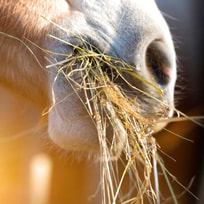
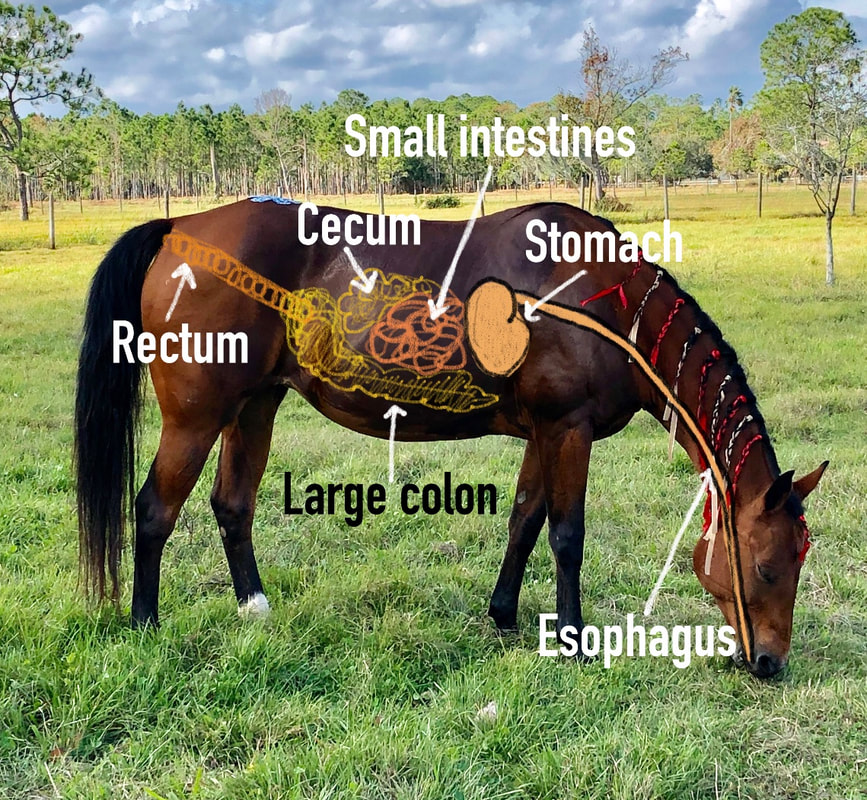
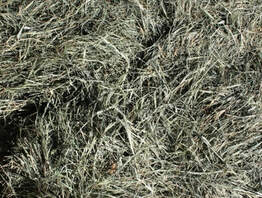
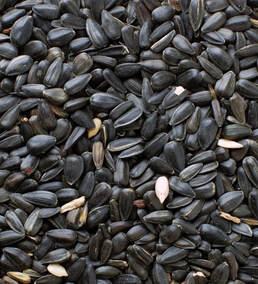
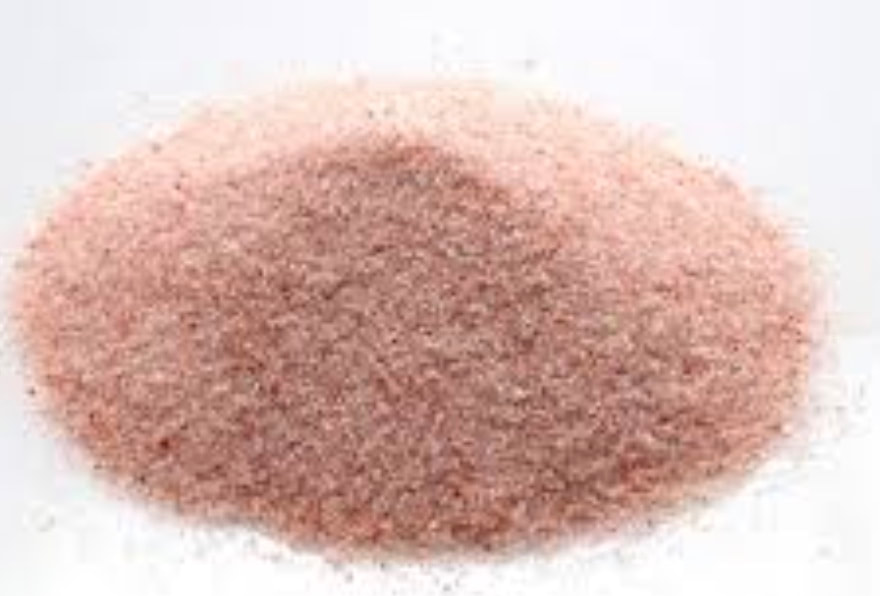
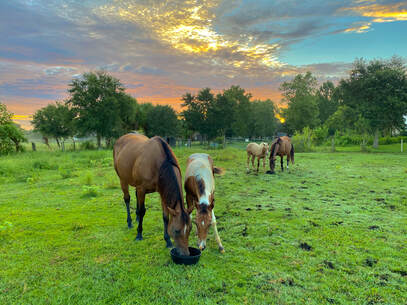
 RSS Feed
RSS Feed